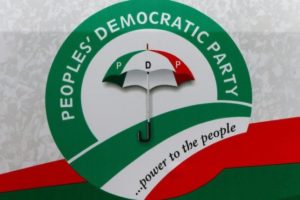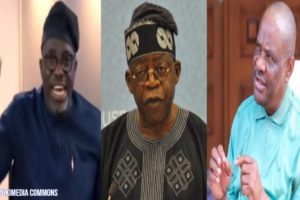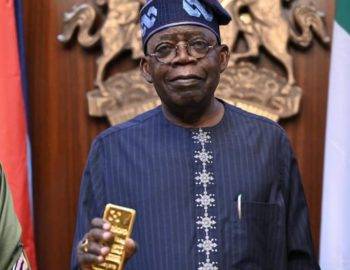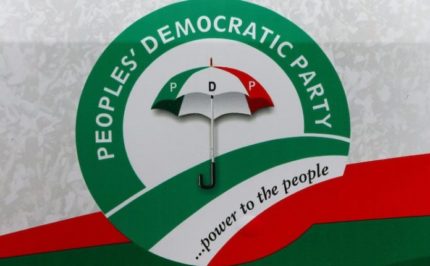For decades, Nigeria’s solid mineral sites have been marred by intense conflict and chaos. The Nigeria GOLD gold rush, especially in regions like Zamfara and Osun, has led to violent disputes, with miners clashing over resources that should be under strict governmental control. The ineffective legislation and weak enforcement have significantly hindered the country’s ability to capitalize on its gold reserves. Consequently, foreign miners and their local counterparts have been profiting immensely from illegal mining activities, leaving Nigeria with minimal financial gains.
In a bid to curb these issues and stabilize the economy, the Nigerian government has introduced the National Gold Purchase Programme (NGPP). This initiative, spearheaded by the Minister of Solid Minerals, Dele Alake, aims to bolster the country’s foreign reserves and enhance the value of the naira. By adding $5 million to its reserves through Nigeria gold sales, the government is taking decisive steps to harness the full potential of its gold resources. The announcement, made at the Presidential villa, highlighted the government’s commitment to transforming the mining sector and ensuring that the benefits of gold mining are retained within the country.
Boosting Reserves and Strengthening the Naira
The NGPP is designed to streamline the process of Nigeria gold mining and sales, ensuring that all transactions contribute positively to Nigeria’s economy. The minister’s recent presentation of gold bars, sourced from artisanal and small-scale miners and refined by the Solid Minerals Development Fund (SMDF), underscores the program’s progress. The SMDF’s achievement in meeting the London Bullion Market Association’s Good Delivery Standard is a significant milestone, indicating that Nigerian gold can now be sold on the global market with confidence.
By selling refined gold to the Central Bank of Nigeria, the government aims to strengthen the country’s foreign reserves. This move is expected to stabilize the naira, reducing the volatility that has plagued the currency in recent years. The NGPP not only promises to increase national reserves but also provides a structured approach to managing and selling gold, thereby reducing illegal mining activities. With continued efforts and stringent enforcement, Nigeria could see a substantial economic boost from its gold resources, benefiting the nation as a whole.
The Link Between Banditry and Illegal Mining in Nigeria
An extensive investigation by Premium Times has unveiled a disturbing connection between illegal mining operations and rising banditry in Nigeria’s northwest. The report highlights the activities of notorious bandit leader, Halilu Sububu, whose reign of terror has severely disrupted socio-economic life in the region. Sububu’s operations, driven by the lucrative lure of gold and other precious minerals, have led to widespread violence, claiming the lives of hundreds of thousands and devastating countless livelihoods.
The insatiable demand for Nigeria gold has precipitated a deadly scramble in the region, attracting various criminal elements. Mr. Dele Alake, shortly after taking office, corroborated these findings, accusing influential Nigerians of being complicit in illegal mining and its associated crimes. Alake’s claims point to a deeply entrenched network of corruption and criminality, where powerful figures exploit the nation’s mineral wealth to fund banditry and terrorism. This cycle of violence and greed underscores the urgent need for comprehensive reforms in the mining sector to restore peace and stability.
Economic Potential and Legislative Efforts in Nigeria Gold Sector
The World Gold Council (WGC) has provided a snapshot of Nigeria gold reserves, which stood steady at 21.37 tonnes through the end of 2023. This figure, although unchanging from the previous quarter, reflects a long-term average of 21.37 tonnes since 2000, with minor fluctuations reaching a peak of 21.46 tonnes in late 2020. Despite these modest reserves, experts estimate that Nigeria’s gold deposits could significantly boost the economy, potentially adding $500 million annually to the nation’s foreign reserves and creating around 250,000 jobs.
Recognizing the untapped potential, the former administration under President Muhammadu Buhari launched the Presidential Artisanal Gold Mining Development Initiative (PAGMDI) in 2020. This initiative aimed to formalize artisanal mining, ensuring better regulation and benefits for local communities. Current Minister of Mines and Steel Development, Dele Alake, has been instrumental in pushing forward bold reforms. These include the passage of the Nigeria gold reserves bill and the establishment of a specialized mining marshal corps under the Nigeria Security and Civil Defence Corps (NSCDC) to combat illegal mining. Such efforts are seen as critical steps towards harnessing Nigeria’s gold resources responsibly and sustainably, paving the way for long-term economic growth and sector stability.
Table of Contents
Discover more from OGM News NG
Subscribe to get the latest posts sent to your email.














